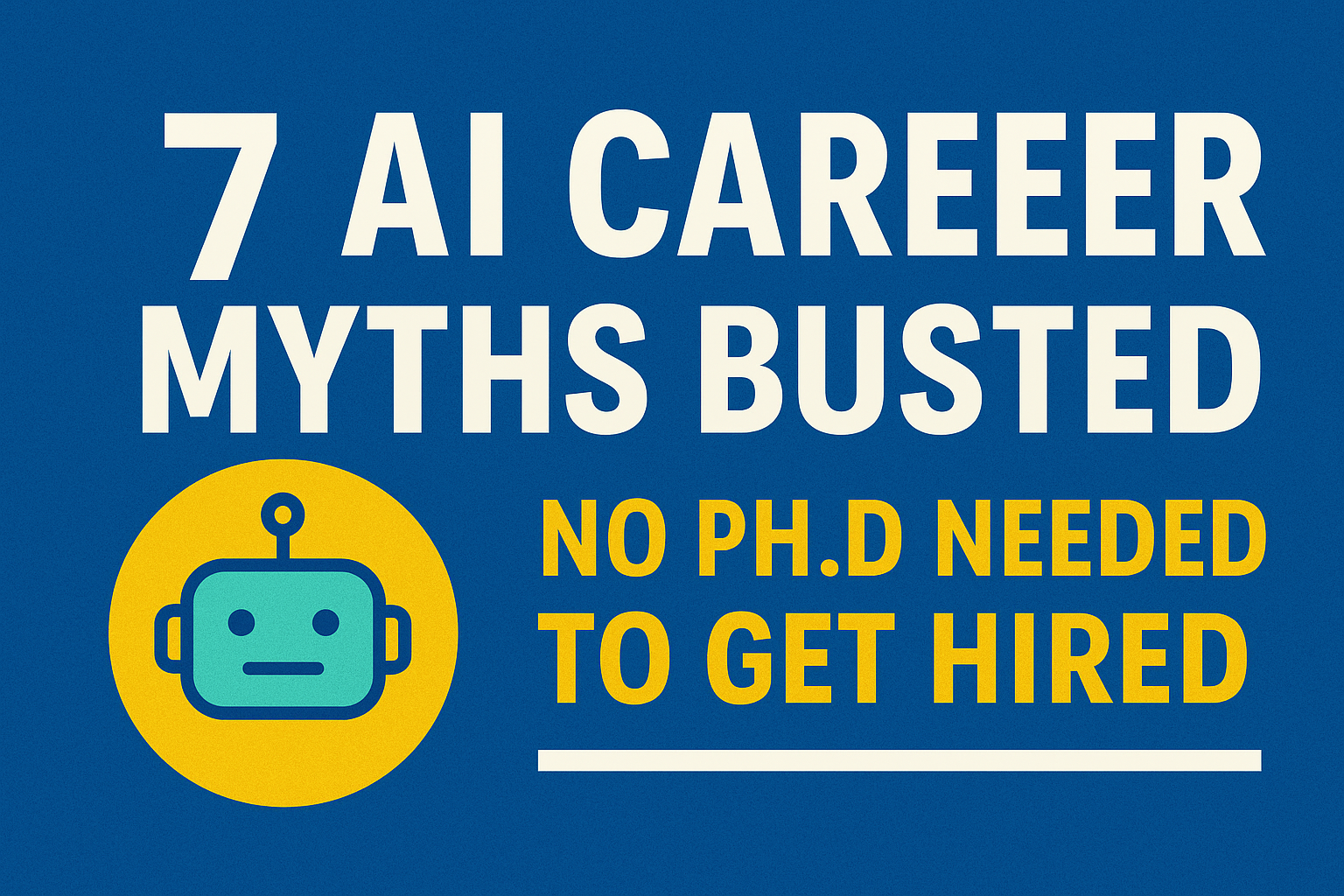
🔢 Summary Table
| Myth | Reality |
|---|---|
| You need a PhD to get hired in AI | 70% of AI jobs don’t require advanced degrees |
| Only coders work in AI | Many non-tech roles exist |
| You must be a math genius | AI tools handle the complex stuff |
| AI jobs are only in Big Tech | AI jobs are now across every sector |
| Learning AI takes years | You can become job-ready in 3–6 months |
| You need to publish papers | Real-world projects matter more |
| AI roles are only for engineers | Designers, writers, and analysts are welcome too |
✨ Introduction
In 2025, the landscape of AI careers is broader and more accessible than ever.
Yet, myths and misconceptions continue to hold aspiring professionals back. The idea that you need a PhD or to be a machine learning genius is not only outdated but misleading.
In this guide, we bust the top 7 AI career myths and show you what the data and real-world hiring trends reveal.
❗ Myth #1: You Need a PhD to Get Hired in AI
🔧 Reality: 70% of AI jobs today don’t require a PhD
According to a 2024 LinkedIn Workforce Report, only 17% of AI-related job postings explicitly require a PhD. Most employers now prioritize skills, hands-on experience, and project portfolios over degrees.
Tools like ChatGPT, Claude, and Google’s AutoML are democratizing AI development, enabling non-PhDs to contribute meaningfully to AI projects.
“We value real-world output more than academic credentials.” — AI Hiring Lead, Microsoft Research (via Glassdoor Interview Report, 2024)
🌟 Myth #2: AI Is Only for Programmers
🔧 Reality: AI is a cross-disciplinary field
While coding is helpful, it’s not mandatory. There are high-paying, high-demand roles in AI that require little to no programming, such as:
- Prompt Engineer
- AI Product Manager
- Data Labeling Specialist
- AI Content Strategist
- AI UX Designer
These roles focus more on communication, critical thinking, and creativity than pure code.
📊 Myth #3: You Need to Be a Math Genius
🔧 Reality: Modern AI tools handle most of the math
Tools like TensorFlow, Keras, and AutoML abstract away the hardcore math. Most entry- to mid-level roles don’t require linear algebra or deep calculus. Knowing basic statistics and understanding concepts like classification or probability is enough for many practical AI applications.
🏢 Myth #4: Only Big Tech Hires AI Talent
🔧 Reality: AI jobs exist in every sector
A 2024 McKinsey report showed 58% of AI job growth is happening in non-tech sectors such as healthcare, education, retail, and manufacturing.
Even small businesses now seek AI professionals to automate customer service, personalize marketing, or analyze data.
⏳ Myth #5: Learning AI Takes Years
🔧 Reality: You can become job-ready in 3–6 months
If you’re consistent, many entry-level AI paths can be mastered in under 6 months:
- Learn prompt engineering in 4 weeks
- Complete a Python bootcamp in 8 weeks
- Build AI content tools with no-code apps
Platforms like Coursera, DeepLearning.AI, and Fast.ai make it easier than ever to learn on your schedule.
🖊️ Myth #6: You Need to Publish Research Papers
🔧 Reality: Employers want real-world skills
Unless you’re applying to an academic or research role, published papers don’t matter as much as a working demo, blog series, or GitHub repo.
Show your ability to solve problems using AI — that’s what employers care about.
🚀 Myth #7: AI Roles Are Only for Engineers
🔧 Reality: Many roles require soft skills and creativity
AI adoption is expanding beyond engineering departments. Companies are hiring:
- AI Content Creators
- AI Legal Analysts
- AI Sales Assistants
- AI HR Tool Managers
Soft skills, ethical awareness, and user-centered thinking are in demand now more than ever.
📚 Case Study: From Barista to AI Prompt Engineer
In 2023, Business Insider reported the story of Jason Wu, a former barista in Seattle. After discovering prompt engineering, he took a $19 Udemy course and began experimenting with ChatGPT.
“I built a prompt portfolio, shared it on LinkedIn, and landed an internship with an edtech startup.”
Within 6 months, Jason was hired full-time as a Prompt Engineer, earning $82,000/year — with no degree or coding background. (Source: Business Insider, Nov 2023)
📊 Top Skills That Matter More Than a Degree
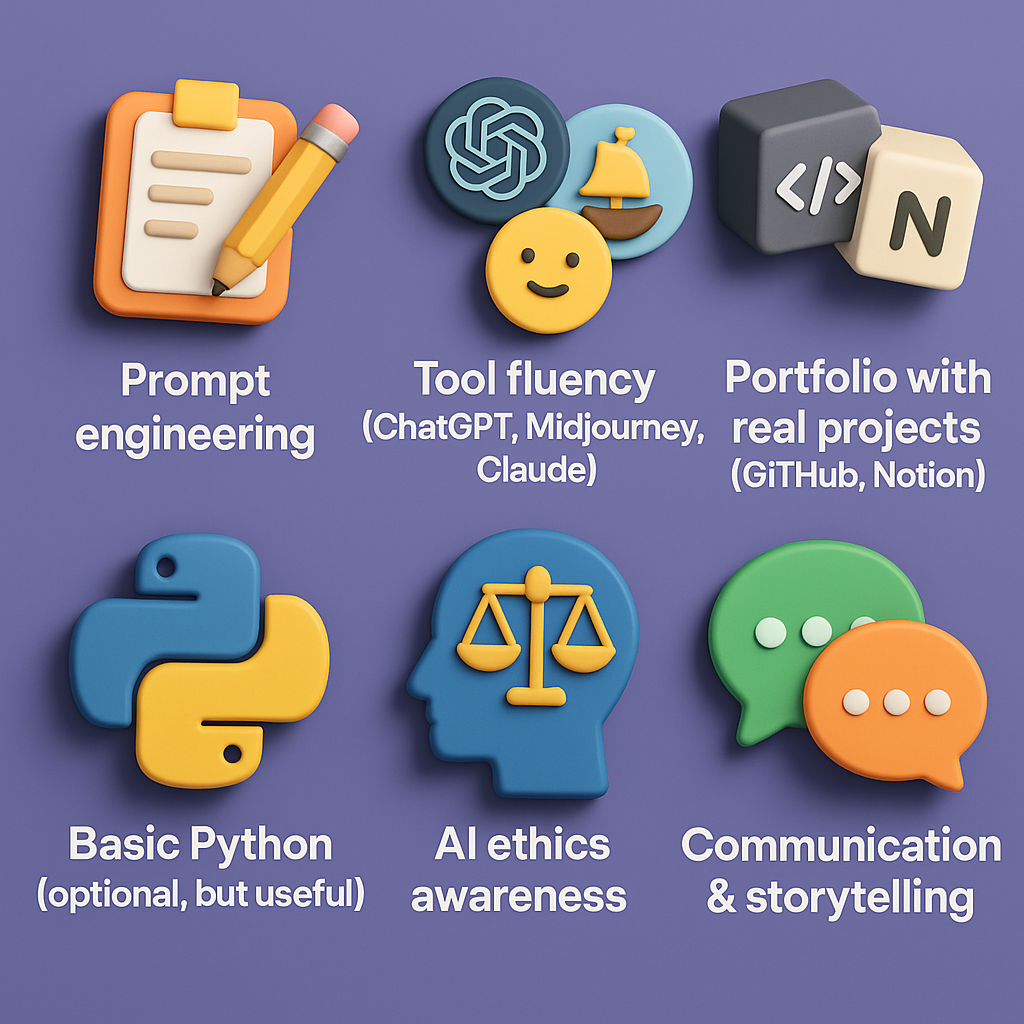
🔍 Related Searches People Ask (FAQs)
Can I get an AI job without a degree?
Yes. Many entry-level AI jobs require skill-based portfolios, not formal education.
What are the best entry-level jobs in AI for non-coders?
Prompt Engineer, AI Content Specialist, and Data Labeler are in high demand.
How long does it take to break into AI?
With focused learning, you can become job-ready in 3 to 6 months.
Do employers care about Coursera or Udemy certificates?
Only if paired with real projects and public work (like a GitHub or blog).
✨ Final Thoughts
AI careers are more accessible than ever. You don’t need a PhD, you don’t need to be a coder, and you don’t need to spend years in school. What you do need is:
- Curiosity
- Practical skills
- A visible portfolio
The future of work is AI-assisted, and the door is wide open. Will you walk through it?
🚀 Don’t Just Read — Start Preparing Like a Pro
Loved these AI interview questions?
Scroll down to uncover expert-approved answers that can help you stand out and get hired faster.
👇 Keep reading to crack your next AI interview with confidence!
Crack AI Job Interviews: 20 Smart Q&A for Instant Success
- How to Launch Baseball Merch & Earn While You Sleep - August 6, 2025
- 7 LinkedIn Hacks Every Baseball Pro Should Use in 2025 - August 5, 2025
- Grow a Baseball Newsletter: 7 Job Tips That Drive Subscribers - August 5, 2025

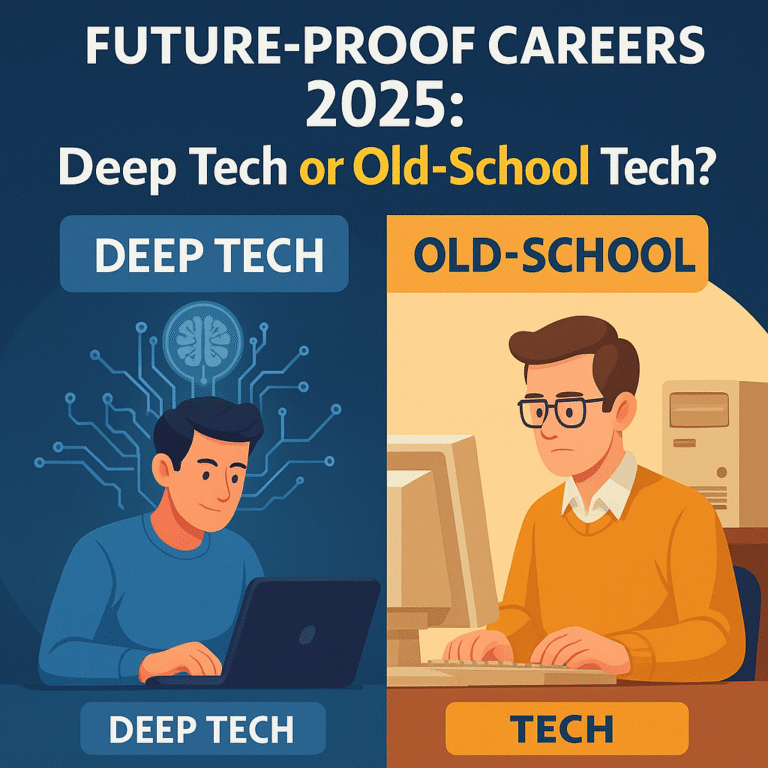
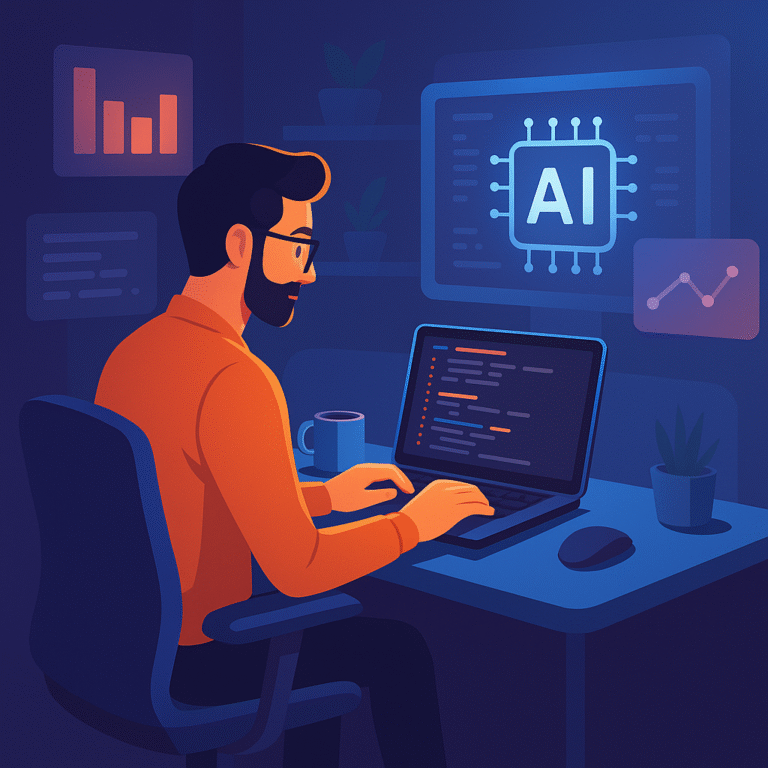
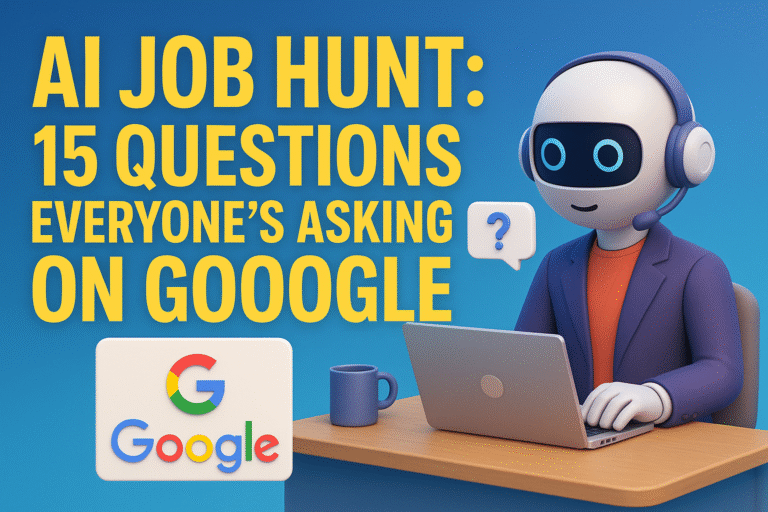




1 thought on “7 AI Career Myths Busted: No PhD Needed to Get Hired”